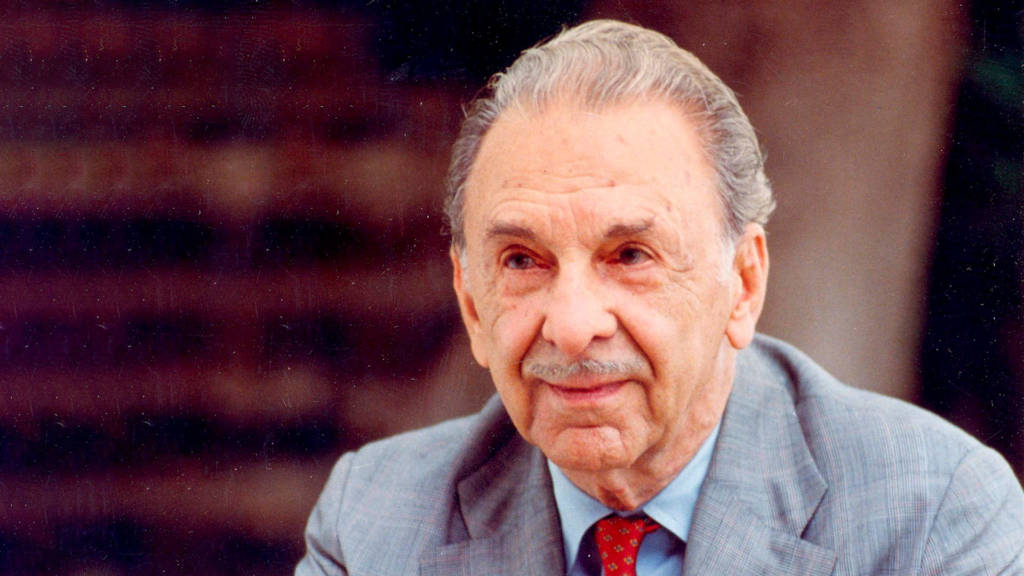Tata Group, founded in 1868, is among the most familiar industrial houses of the country. It carries a legacy of more than one and a half century, and known to be ‘human face of industry’.
Tata Group, owned by Tata Trusts, has 29 publicly listed Tata enterprises with a combined market capitalization of about $151.62 billion as of March 1, 2018. It includes Tata Steel, Tata Motors, Jaguar Land Rover with its marques Jaguar and Land Rover, Tata Consultancy Services, Tata Power, Tata Chemicals, Tata Global Beverages, Tata Coffee, Tata Teleservices, Titan, Tata Communications, and The Indian Hotels Company Limited (Taj Hotels). The combined revenue of the group is above 100 billion dollars, as of March 2019.
The industrial house of Tata was established by Jamsetji Tata, who was chairman of the company from 1868 to 1904. While Jamsetji founded the company, the man who nourished it and put among country’s largest and most respected business house was- JRD Tata, the fourth chairman of the company whose tenure was from 1938 to 1991.
While Jamsetji’s tenure was during the British rule in the country, with free market economy, JRD Tata sailed the corporate house during the decades when the madness of socialism prevailed in the country, with everything ranging from dairy distribution to airline being nationalized.
JRD Tata was born on 29 July 1904 to Ratanji Dadabhoy Tata- first cousin of Tata Group’s founder Jamsetji Tata, and his French wife, Suzanne “Sooni” Brière, in Paris. After spending initial years in France as French citizen, he was called by his father to look after the family business. He gave up the French citizenship a few years after living in India, and took over as chairman of the group at the age of 34.
As per a report by ThePrint, “Under his tenure, the Tata group’s assets “climbed from Rs. 620 million in 1939 to over Rs. 1,00,000 million in 1990.” The Tata group started from 14 companies, but over the course of his leadership, the group turned into a “conglomerate of 95 enterprises valued in billions of dollars”: chemicals, automobiles, tea, information technology and more.”
JRD Tata was among the one of the first few Indian who were granted a commercial pilot’s license. He was pioneer of Indian aviation industry, and established country’s first airline- Tata Airlines, which was later taken over by the socialist Nehruvian government in 1953, and renamed as Air India. Today the company runs with loss of 70,000-80,000 crore rupees, and the annual loss for the last fiscal year was around 7,000 crore rupees. The Indian government had ruined a very healthy company, which could have led India’s aviation industry.
He was one of the few Indians who were opposed to Nationalization drive by the Congress government under the leadership of Nehru. Shashank Shah, in a book named The Tata Group: From Torchbearers to Trailblazers, wrote, “All along, J.R.D’s contention was that the new government of India had no experience in running an airline company, and nationalisation would mean bureaucracy and lethargy, decline in employee morale and fall in passenger services.”
JRD Tata had not enjoyed a great relationship with India’s first Prime Minister- Jawaharlal Nehru, given different ideological standing. In a conversation with him, Nehru said, “I hate the mention of the very word profit”. Tata replied, “Jawaharlal, I am talking about the need of the public sector making a profit!”
He was among the industrialists who proposed Bombay Plan- the Capitalist model for the political economy of the country. He also sailed the company through socialist drive of Indira Gandhi government.
Till 1992, when he handed over the reins of the company to Ratan Tata, the group was among the largest conglomerate of the country. J.R.D. Tata died in 1993 due to a fatal kidney infection, and could not live long enough to see the golden days of India’s political economy, when the country started the privatization and liberalization drive.
JRD Tata was among the pioneers of corporate social responsibility among the post-independence Indian businesses. Tata Institute of Fundamental Research, the Tata Memorial Hospital, the Tata Institute of Social Sciences, the National Institute of Advanced Sciences and the National Centre for the Performing Arts were established during his tenure.
The Tata group is known as the humane face of the industry due to their large scale donations to academia and social causes. This is very much in line with the ancient Indian practice of generation of wealth and then giving it back for the welfare of society. Businessmen in ancient India used to open Dharamshala for staying of travelers and many other things for the welfare of poor people.
A few weeks ago, the Income Tax Department has delivered a 12,000 crore rupees blow to Tata Trusts, as the government authority has cancelled the registration of six Tata Trusts.
Since Ratan Tata took over the group in early 1990s, the group has also been involved in many corruption controversies like 2G scam, Air Asia scam, the Vistara partnership and the Jaguar deal. Tata is among the most trusted institutions in the country. The group often brands itself as ‘human face of industry’, the corruption and tax evasion will definitely erode the public trust enjoyed by Tatas. It is very much evident that, Ratan Tata is not capable to carry out the legacy of the company, and he has rightly handed over the Group’s leadership to Natarajan Chandrasekaran, the first chairman of the group outside the family, in 2017.
